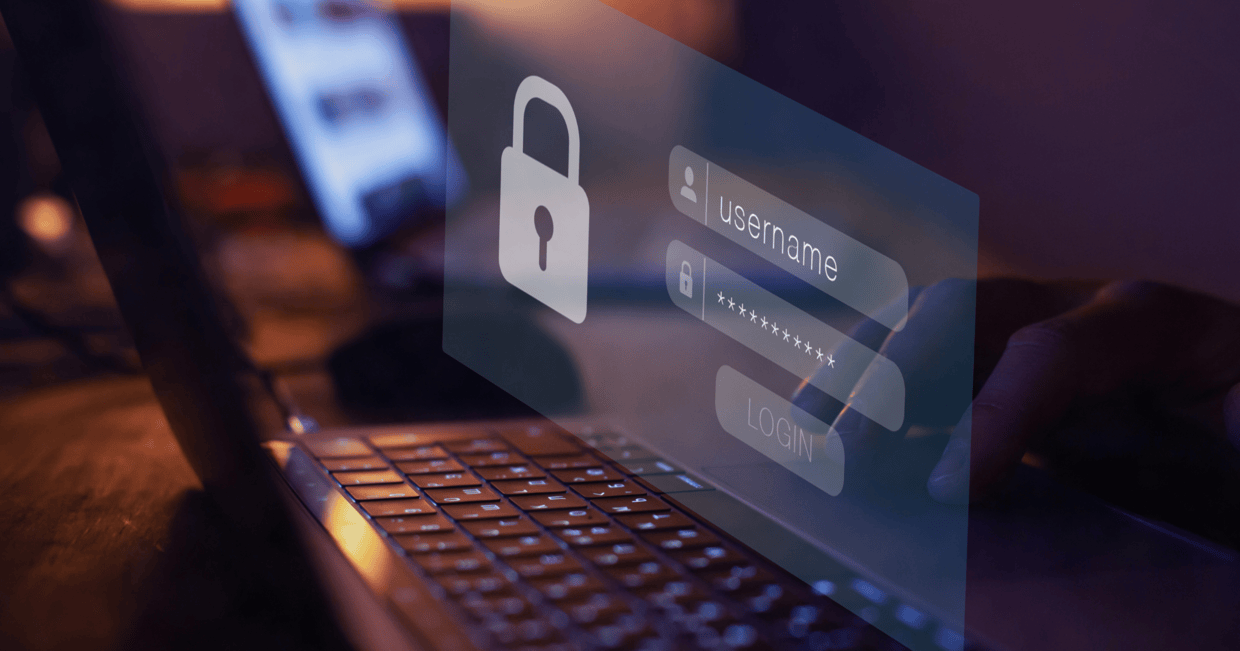In today’s digital economy, small and medium businesses (SMBs) are increasingly reliant on the Internet for daily operations, customer engagement, and financial transactions. However, this dependency also makes them prime targets for cybercriminals. Contrary to popular belief, SMBs are not too small to attract cyber threats; in fact, attackers often view them as low-hanging fruit due to their weaker security measures. As we move into 2025, the cyber threat landscape is evolving, with new and more sophisticated attack vectors emerging.
This blog explores why cybersecurity for SMBs should be a priority in 2025. We’ll look at the risks of delaying cybersecurity investments and the practical steps SMBs can take to protect themselves without breaking the bank.
SMBs Are Prime Targets for Cybercriminals
Many small business owners assume that cybercriminals prefer to attack large corporations with vast amounts of data and financial assets. However, recent statistics show that SMBs are among the most targeted organizations because they often lack robust security measures.
- In 2020 alone, over 700,000 cyberattacks targeted SMBs, causing an estimated $2.8 billion in damages.
- 75% of SMBs say they would be unable to continue operations if hit by a ransomware attack.
- Only 17% of SMBs have cyber insurance, making them financially vulnerable in the event of a breach.
- Cyberattacks on small businesses have surged by 28% since 2022, with 41% reporting breaches in 2023, often through compromised vendors, and this trend is just expected to grow.
Financial and Reputational Damage Can Be Catastrophic
A cyberattack can have devastating consequences beyond just data loss. Small businesses often lack the resources to recover quickly from a security breach, leading to prolonged downtime, customer distrust, and even closure.
- 95% of SMB cyber incidents cost between $826 and $653,587 covering downtime, lost business, and legal fines.
- 50% of SMBs took over 24 hours to recover from an attack, leading to customer dissatisfaction and lost revenue.
- 40% of SMBs reported losing critical data, which can lead to legal liabilities and regulatory fines.
Regulatory Compliance and Legal Implications
With growing concerns over data privacy, governments worldwide are implementing stricter regulations on how businesses handle sensitive information. SMBs that fail to comply with these regulations could face significant fines and legal consequences.
- Non-compliance with data protection laws can result in penalties reaching millions of dollars, depending on the severity of the breach.
- Industries such as healthcare, finance, and retail must adhere to strict cybersecurity guidelines to protect consumer data.
Evolving Cyber Threats: Ransomware, Phishing, and AI Exploits

Cybercriminals are constantly refining their techniques, making it increasingly difficult for businesses to protect themselves from evolving threats. Here are some examples of rising threats that make Cybersecurity for SMBs more important than ever:
- The Lynx ransomware-as-a-service (RaaS) group exemplifies cybercrime expansion. Lynx has emerged as a highly organized cybercriminal platform, providing affiliates with advanced hacking tools, structured support, and an 80% ransom share. Lynx ensures only skilled hackers gain access through a quality-controlled recruitment process, making ransomware attacks more sophisticated and widespread. Additionally, attackers are getting more creative with phishing emails, using emotionally charged messages that appeal to employees’ fears—such as fake layoff notices or urgent security alerts—to manipulate them into clicking malicious links or disclosing sensitive information.
- While AI enhances business operations, it also introduces new risks. One emerging threat is invisible prompt injection, a sneaky cyberattack in which hidden Unicode characters manipulate AI behaviour. Attackers embed these unseen instructions in text, tricking AI into following malicious commands without users’ realizing it. If AI applications pull data from emails, PDFs, or websites, they may unknowingly process these hidden threats, making security a top priority for businesses leveraging AI-driven tools.
What SMBs Should Do: Deploy multi-factor authentication (MFA), implement endpoint detection and response (EDR) solutions, and conduct regular, secure backups to prevent data loss. Additionally, SMBs should ensure AI systems are designed with security in mind by implementing AI behaviour monitoring, content filtering, and secure data validation processes to detect and prevent invisible prompt injection attacks. Regularly updating AI models and limiting their access to untrusted sources can also help mitigate potential risks.
Cyberattacks Can Put Customers at Risk
If an SMB suffers a data breach, sensitive customer information—such as payment details, personal addresses, and login credentials—can be compromised. This can lead to identity theft, fraud, and loss of customer trust.
- 55% of consumers say they would stop doing business with a company that suffered a data breach.
- Data breaches can result in legal actions from affected customers, leading to costly lawsuits and settlements.
How SMBs Can Strengthen Their Cybersecurity

A cybersecurity incident can happen at any time and take various forms. SMBs may fall victim to phishing attacks, employees might unknowingly download ransomware, or your organization could even be locked out of its business social media accounts. Despite these growing threats, SMB cybersecurity can be strengthened with proactive measures. Here are some key strategies to enhance cybersecurity for small and medium-sized businesses.
Invest in a Strong Cybersecurity Strategy
SMBs must treat cybersecurity as an essential business investment rather than an optional expense. A comprehensive security strategy should include:
- A robust firewall and intrusion detection system to prevent unauthorized access.
- Encryption of sensitive data to protect it from cybercriminals.
- Regular vulnerability assessments to identify and patch security gaps.
Adopt a Zero-Trust Security Model
The Zero-Trust approach assumes that threats exist both inside and outside the network. Implementing zero-trust means verifying every user and device before granting access to company systems.
- Use least privilege access control to limit user permissions.
- Implement identity and access management (IAM) solutions.
- Require multi-factor authentication (MFA) for all logins.
Regular Backups and Incident Response Planning
Ransomware attacks are most damaging when businesses do not have secure backups in place. SMBs should:
- Use the 3-2-1 backup strategy: keep three copies of data on two different media types, with one copy stored offline.
- Conduct quarterly penetration testing to identify vulnerabilities.
- Develop a cyber incident response plan, including roles, responsibilities, and recovery strategies.
Security Awareness and Employee Training
A well-trained workforce is the first line of defence.
- Conduct monthly phishing simulation tests to train employees on recognizing phishing attempts.
- Implement security awareness programs covering best practices like password management and secure browsing habits.
- Establish clear policies on handling sensitive data and reporting suspicious activity.
Invest in Cyber Insurance
Given the financial risks of cyberattacks, cyber insurance can provide a safety net for SMBs. Coverage should include:
- Data breach response costs.
- Legal and regulatory fines.
- Ransomware negotiation and recovery services.
Cybersecurity is no longer just a concern for large corporations—small and medium businesses must take proactive measures to protect themselves. As cybercriminal tactics become more sophisticated in 2025, SMBs must recognize the risks, invest in robust security measures, and foster a cybersecurity-conscious culture.
Cloud Managed Network (CMN) specializes in helping SMBs strengthen their cybersecurity posture with tailored solutions that address evolving threats. Our expertise in network security, AI-driven protection, and managed services ensures that businesses stay ahead of cybercriminal tactics without overstretching their budgets.
If your organization is seeking guidance on cybersecurity strategies or needs support in implementing protective measures, contact us for expert advice and solutions. You can also reach Cloud Managed Network at 416.429.0796 or 1.877.238.9944 (Toll-Free).











